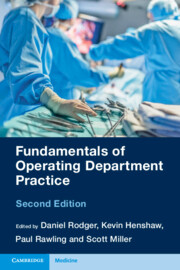Background and objective: The common parameters of the electroencephalogram quantify a shift of its power spectrum towards lower frequencies with increasing anaesthetic drug concentrations (e.g. spectral-edge frequency 95). These ad hoc parameters are not optimized for the content of information with regard to drug effect. Using semilinear canonical correlation, different frequency ranges (bins) of the power spectrum can be weighted for sensitivity to changes of drug concentration by multiplying their power with iteratively determined coefficients, yielding a new (canonical univariate) electroencephalographic parameter.
Methods: Electroencephalographic data obtained during application of volatile anaesthetics were used: isoflurane (n = 6), desflurane (7), sevoflurane (7), desflurane during surgical stimulation (12). Volatile anaesthetic end-tidal concentrations varied between 0.5 and 1.6 minimum alveolar concentration (MAC). The canonical univariate parameter and spectral-edge frequency 95 were determined and their correlation with the volatile anaesthetic effect compartment concentration, obtained by simultaneous pharmacokinetic—pharmacodynamic modelling, were compared.
Results: The canonical univariate parameter with individually optimized coefficients, but not with mean coefficients, was superior to the spectral-edge frequency 95 as a measure of anaesthetic drug effect. No significant differences of the coefficients were found between the three volatile anaesthetics or between the data with or without surgical stimulus. The coefficients for volatile anaesthetics were similar to the coefficients for opioids, but different from coefficients for propofol and midazolam.
Conclusions: The canonical univariate parameter calculated with individually optimized coefficients, but not with mean coefficients, correlates more accurately and consistently with the effect site concentrations of volatile anaesthetics than with spectral-edge frequency 95.


